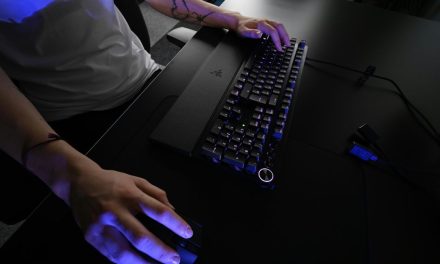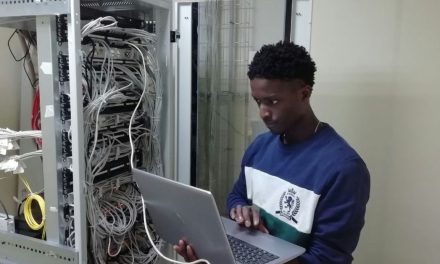The cybersecurity side of online freelancing is a dual responsibility: a freelancer must first protect their own business and finances from scams and hackers, and second, they must act as a secure and trusted custodian of their clients’ sensitive data.
As of September 5, 2025, the freelance economy is a major engine of growth here in Rawalpindi and across Pakistan. Platforms like Upwork, Fiverr, and Guru have empowered millions of skilled professionals to connect with a global market. However, this independence also means that you are your own IT and security department. A single cybersecurity mistake can lead to a lost payment, a compromised account, or a damaged professional reputation.
1. Protecting Yourself: The Freelancer as a Target
Freelancers are a prime target for a variety of online scams and attacks because they are often seen as individuals operating without the protection of a corporate security team.
- The Threat: Platform and Payment Scams. This is the most common risk.
- Phishing: You might receive a fake email that looks like it’s from a major freelance platform (like Upwork) asking you to “verify your account,” leading to a fake login page that steals your password.
- Payment Scams: A “client” might ask you to communicate and receive payment outside of the platform’s secure escrow system. This is a huge red flag and often leads to the client disappearing after you have submitted the work without paying.
- The Defense:
- Always Stay on the Platform: Keep all communications and payments within the freelance platform’s official system. It is your primary protection against payment fraud.
- Enable Multi-Factor Authentication (MFA): Secure your freelance platform and payment service (like Payoneer) accounts with MFA. This is your best defense against your account and your earnings being stolen.
- Use a Separate Bank Account: Have a dedicated bank account for your freelance business. This isolates your business finances from your personal savings.
2. Protecting Your Client: The Freelancer as a Trusted Vendor
When a client hires you, they are not just buying your skills; they are trusting you with their data. This could include unreleased product designs, confidential business plans, or sensitive customer information.
- The Threat: Data Breaches. If your computer is infected with malware or your cloud storage account is compromised, the sensitive client data you are working on could be stolen.
- The Defense:
- Data Encryption: Ensure your laptop’s hard drive is encrypted (both Windows BitLocker and macOS FileVault do this for free). This protects client data if your device is lost or stolen.
- Secure File Transfer: Use secure, encrypted methods to transfer files to your clients. Avoid sending sensitive attachments over plain email.
- Non-Disclosure Agreements (NDAs): Treat NDAs seriously. Have a secure system for managing and eventually deleting client data after a project is complete, as stipulated in your contract.
3. Securing Your Workspace: The Home Office Fortress
Your home network is your new corporate network. It must be secured as such.
- The Threat: An insecure home Wi-Fi network can be a gateway for hackers to access your work devices and steal your own or your clients’ data.
- The Defense:
- Secure Your Router: Change the default administrator password on your Wi-Fi router and use a strong, unique password for the Wi-Fi network itself.
- Use a VPN: When working from a public place like a café or a co-working space in Rawalpindi, a Virtual Private Network (VPN) is essential. It encrypts your connection, protecting you from eavesdroppers.
- Keep Your Software Updated: Regularly update your operating system, web browser, and all the software you use for work. These updates contain critical security patches.
4. The Professional Advantage: Security as a Selling Point
In the 2025 freelance market, being able to demonstrate that you take cybersecurity seriously is a powerful competitive advantage.
- The Opportunity: You can actively market your security practices to potential clients. Mentioning in your proposal that you use an encrypted hard drive, a password manager, and a VPN can set you apart from other freelancers.
- Building Trust: For a high-value client, especially an international one, knowing that you are a security-conscious professional can be the deciding factor in hiring you. It shows that you are not just a skilled individual, but a trustworthy and responsible business partner.





